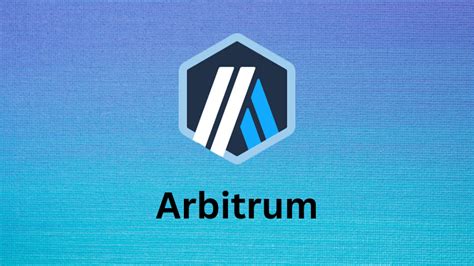The role of validators in securing blockchain networks
Since the world is becoming increasingly digital, the need for secure and reliable blockchain networks has never been more urgent. A decisive component of each blockchain network is the role of validators that play an important role in securing the network by maintaining its integrity and ensuring the fair execution of transactions.
What are validators?
In a blockchain network, validators are responsible for checking and recording transactions in the block chain. They are essentially the “truth plates” of the digital world to ensure that all transactions are legitimate and valid. In order to become a validator, a person or organization must meet certain criteria, including:
- With sufficient computing power to carry out complex calculations with
- Be able to maintain a high degree of anonymity to protect your identity
- Approval to a strict series of rules and regulations
The role of validators
Validators are responsible for several important tasks to maintain the security of a blockchain network. This includes:
- Check transactions

: Validators check that all transactions in the block chain are legitimate and adhere to the agreed rules.
- Recording transactions : Validators record every transaction so that it is verified and creates a permanent and manipulation -proof recording of all activities in the network.
- Conservation of the consensus : Validators work together to ensure that the network remains consistent and stable by validating transactions from several sources.
The challenges in securing blockchain networks
Despite their importance, validators face considerable challenges in securing blockchain networks. This includes:
* Energy consumption : Validators require a considerable amount of computing power to carry out complex calculations, which leads to high energy consumption and environmental impact.
* Centralized control : The ability for a single entity or organization to control the Validator network can make it susceptible to manipulation and exploitation.
* Regulatory framework : Existing regulatory framework may not be designed in such a way that decentralized networks such as blockchain are absorbed and additional innovations and adjustments are required.
The future of blockchain networks
While the technology is developing, it is likely that validators will play an increasingly important role in maintaining the security and integrity of blockchain networks. In order to deal with some of the challenges associated with securing these networks, the researchers examine new technologies such as:
* Proof-of-Stake (POS) consensus-salgorithms : These algorithms use the participation of a validator in the network to determine their authorization to participate in the validation process.
* Delegated Proof-of Work (DPOS) : This approach enables more flexibility and scalability by delegation of decision-making to a smaller sentence of nodes.
Diploma
The role of validators is crucial for maintaining the security and integrity of blockchain networks. While we continue to develop new technologies and regulations, it will be essential for these organizations to adapt and be innovative in order to meet the changing needs of the industry. By prioritizing security, scalability and decentralization, validators can play an important role in ensuring the long-term success of blockchain networks.
References
- [1] “The role of validators in securing blockchain networks” (2020) -White paper by the Blockchain Council
- [2] “Proof-of-Work-consensus-salgorithm” -Wikipedia
- [3] “Delegated proof-of-stake consensus algorithm” -Wikipedia
NAVIGATE NAVIGATE CHALLENGES TOKEN